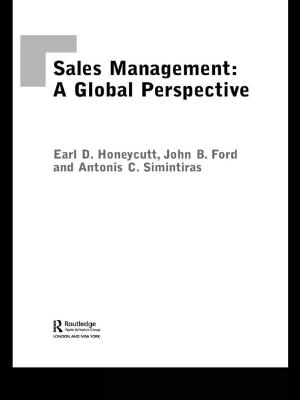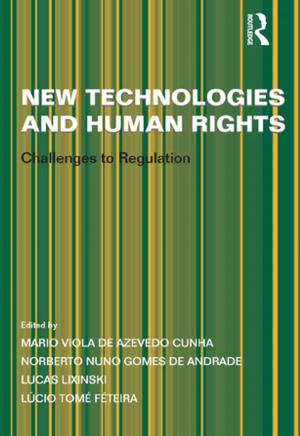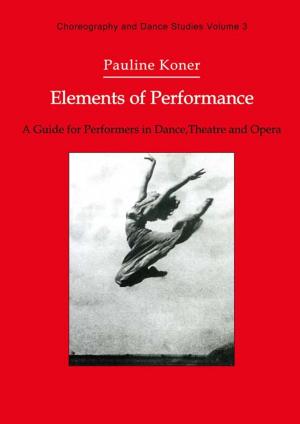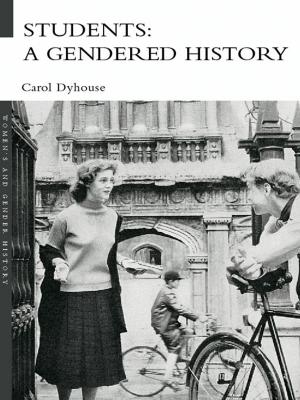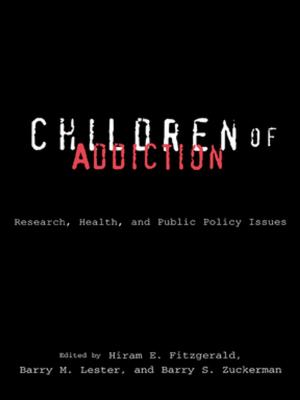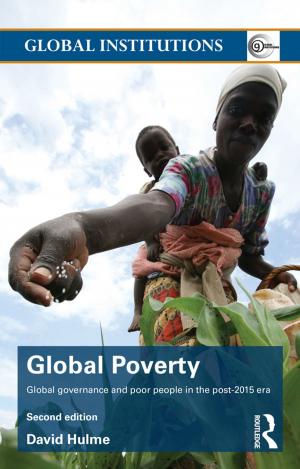The Annual of Psychoanalysis, V. 32
Psychoanalysis and Women
Nonfiction, Health & Well Being, Psychology, Counselling, Applied Psychology, Psychotherapy| Author: | ISBN: | 9781134913299 | |
| Publisher: | Taylor and Francis | Publication: | May 13, 2013 |
| Imprint: | Routledge | Language: | English |
| Author: | |
| ISBN: | 9781134913299 |
| Publisher: | Taylor and Francis |
| Publication: | May 13, 2013 |
| Imprint: | Routledge |
| Language: | English |
Psychoanalysis and Women, Volume 32 of The Annual of Psychoanalysis, is a stunning reprise on theoretical, developmental, and clinical issues that have engaged analysts from Freud on. It begins with clinical contributions by Joyce McDougall and Lynne Layton, two theorists at the forefront of clinical work with women; Jessica Benjamin, Julia Kristeva, and Ethel Spector Person, from their respective vantage points, all engage the issue of passivity, which Freud tended to equate with femininity. Employing a self-psychological framework, Christine Kieffer returns to the Oedipus complex and sheds new light on the typically Pyrrhic oedipal victory of little girls.
Section III broadens the historical context of contemporary theorizing about women by offering the personal reminiscences of Nancy Chodorow, Carol Gilligan, Brenda Solomon, and Malkah Notman. A final section, dedicated to "women who shared psychoanalysis," features historical essays on Ida Bauer (Freud's "Dora"), Anna Freud, Dorothy Burlingham, Edith Jacobson, and Therese Benedek, along with Linda Hopkins's revealing interview of Marion Milner. Of special note is Marian Tolpin's examination of three women - Bauer, Helene Deutch, and Anna Freud - who helped shape Freud's notion of the "femail castration complex," and Elisabeth Young-Bruehl's exploration of how two women - Anna Freud and Dorothy Burlingham - developed parent-infant observation.
Psychoanalysis and Women is an extraordinary chronicle of the distance traveled since Freud characterized women's sexual life as "the dark continent." The contributors vitalize a half century of theory with the lessons of biography, and they broaden clinical sensibilities by drawing on recent developmental, gender-related, and socio-psychological research. In doing so, they attest to the ongoing reconfiguration of Freud's dark continent and show the psychoanalytic psychology of women to be very much a revolution in progress.
Psychoanalysis and Women, Volume 32 of The Annual of Psychoanalysis, is a stunning reprise on theoretical, developmental, and clinical issues that have engaged analysts from Freud on. It begins with clinical contributions by Joyce McDougall and Lynne Layton, two theorists at the forefront of clinical work with women; Jessica Benjamin, Julia Kristeva, and Ethel Spector Person, from their respective vantage points, all engage the issue of passivity, which Freud tended to equate with femininity. Employing a self-psychological framework, Christine Kieffer returns to the Oedipus complex and sheds new light on the typically Pyrrhic oedipal victory of little girls.
Section III broadens the historical context of contemporary theorizing about women by offering the personal reminiscences of Nancy Chodorow, Carol Gilligan, Brenda Solomon, and Malkah Notman. A final section, dedicated to "women who shared psychoanalysis," features historical essays on Ida Bauer (Freud's "Dora"), Anna Freud, Dorothy Burlingham, Edith Jacobson, and Therese Benedek, along with Linda Hopkins's revealing interview of Marion Milner. Of special note is Marian Tolpin's examination of three women - Bauer, Helene Deutch, and Anna Freud - who helped shape Freud's notion of the "femail castration complex," and Elisabeth Young-Bruehl's exploration of how two women - Anna Freud and Dorothy Burlingham - developed parent-infant observation.
Psychoanalysis and Women is an extraordinary chronicle of the distance traveled since Freud characterized women's sexual life as "the dark continent." The contributors vitalize a half century of theory with the lessons of biography, and they broaden clinical sensibilities by drawing on recent developmental, gender-related, and socio-psychological research. In doing so, they attest to the ongoing reconfiguration of Freud's dark continent and show the psychoanalytic psychology of women to be very much a revolution in progress.

